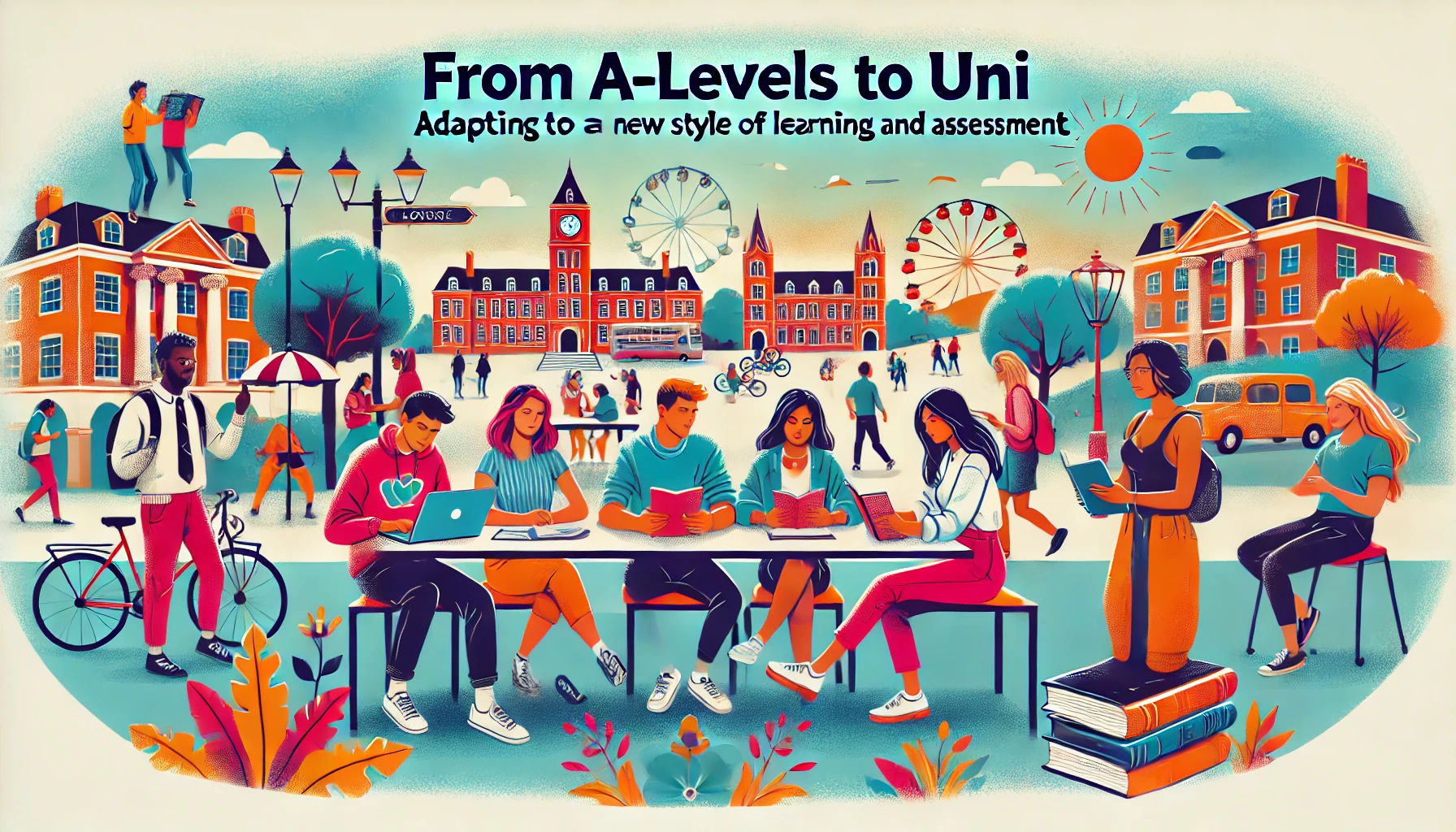Transitioning from A-Levels to university is a significant step in a student's educational journey. The shift not only involves moving to a new environment but also adapting to a different style of learning and assessment. For many students in the UK, this change can be both exciting and challenging. Understanding what to expect and how to adjust effectively can make all the difference in thriving at university.
The Difference Between A-Levels and University Learning
A-Levels are structured with a clear syllabus and a focus on mastering specific content to perform well in exams. Teachers provide substantial guidance, and learning is often directed by the curriculum. In contrast, university learning is much more independent. Lectures provide an overview of topics, but students are expected to delve deeper into the material through self-study, research, and reading. This autonomy requires strong time management and self-motivation.

Adapting to University Lectures and Seminars
- Academic Pressure: The demand for high grades and the fear of failure can be significant stressors. Deadlines, exams, and coursework can make students feel overwhelmed.
- Social Adjustments: Moving away from home, making new friends, and finding your place in a new environment can be daunting. This transition period is often accompanied by loneliness or social anxiety.
- Financial Concerns: Managing finances, paying for tuition, and balancing part-time work can add to the stress, especially if money is tight.
- Future Uncertainty: Concerns about future careers, internships, and job prospects can cause considerable stress, particularly as students approach graduation.

Understanding University Assessments

University assessments differ significantly from A-Levels. Instead of a few high-stakes exams, assessments at university may include essays, projects, presentations, and exams spread throughout the term. Each type of assessment tests different skills, from critical thinking and argumentation in essays to practical application in projects.
It's essential to familiarise yourself with the assessment criteria and seek clarification when needed. Universities often provide resources, such as writing centers or study skills workshops, to help you adjust to these new expectations.
Building a Support Network

The transition to university can be smoother with a strong support network. Connecting with other students who are going through the same experiences can provide both academic and emotional support. Platforms like
Uni-Chat offer an excellent opportunity to build these connections. Whether you're looking to join group chats, find study partners, or just share your experiences, Uni-Chat makes it easy to connect with others who understand what you're going through.
Strategies for Success
- Time Management: With the increased independence at university, managing your time effectively is critical. Create a study schedule that allows for regular review of material, and be mindful of deadlines.
- Engage in Learning: Attend all lectures and seminars, actively participate, and engage with the material. This not only aids understanding but also makes learning more enjoyable.
- Utilise Resources: Take advantage of the resources your university offers. Writing centers, libraries, and academic advisors are there to help you succeed.
- Connect with Others: Don't underestimate the power of community. Whether through formal study groups or informal chats on Uni-Chat, connecting with peers can enhance your learning experience and provide much-needed support.
Adapting to the new style of learning and assessment at university is a significant part of the transition from A-Levels. While the change can be challenging, with the right strategies and support, it can also be incredibly rewarding. By embracing the independence, engaging with your studies, and building a strong support network through platforms like Uni-Chat, you can navigate this transition successfully and make the most of your university experience.







